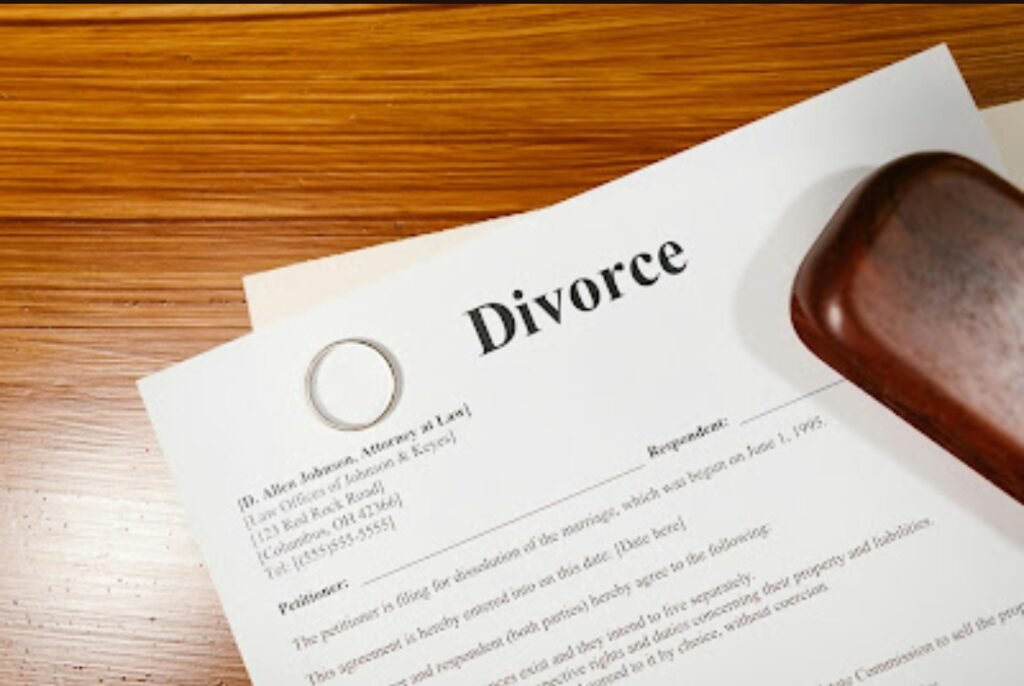Understanding the USFSPA: An Overview
The Uniformed Services Former Spouses’ Protection Act (USFSPA) is a federal law that governs the division of military pensions and benefits in divorce cases involving members of the military. Enacted in 1982, the USFSPA aims to provide equitable treatment for former spouses of military service members by allowing state courts to divide military retirement pay as marital property. Understanding the USFSPA is crucial for both service members and their spouses navigating divorce proceedings.
Military Retirement Pay as Marital Property
Under the USFSPA, military retirement pay earned during a marriage is considered marital property and is subject to division in divorce proceedings. This means that military retirement benefits accumulated by a service member during the course of a marriage are eligible for division between the spouses upon divorce. The USFSPA provides guidelines for how military retirement pay is calculated and divided, taking into account factors such as the length of the marriage and the service member’s rank and years of service.
Qualified Domestic Relations Orders (QDROs)
To divide military retirement pay in divorce, a court must issue a Qualified Domestic Relations Order (QDRO), which is a legal document that specifies how retirement benefits will be divided between the service member and their former spouse. QDROs must comply with the requirements of the USFSPA and be approved by the military’s finance center or Defense Finance and Accounting Service (DFAS) to be enforceable. QDROs play a critical role in ensuring that former spouses receive their fair share of military retirement benefits after divorce.
Determining Eligibility for Military Pension Division
Not all former spouses of military service members are eligible for a share of the service member’s retirement pay. To qualify for division of military pension benefits under the USFSPA, the marriage must meet certain criteria, including a minimum duration of 10 years of marriage overlapping with at least 10 years of military service. Additionally, the divorce decree must specifically address the division of military retirement benefits, and the former spouse must obtain a court-issued QDRO to enforce the division.
Impact of Military Pension Division on Retirement Benefits
Dividing military retirement benefits in divorce can have significant implications for both the service member and their former spouse’s financial security in retirement. For the service member, the division of retirement pay may result in a reduction in the amount of benefits they receive each month. Conversely, for the former spouse, receiving a portion of the service member’s retirement benefits can provide valuable financial support and stability in retirement.
Navigating Complexities in Military Divorce
Military divorce cases involving the division of retirement benefits require careful consideration and expertise to ensure that the rights and interests of both parties are protected. Navigating the complexities of the USFSPA and QDROs can be challenging, particularly for individuals who are unfamiliar with military laws and regulations. Consulting with an experienced military divorce attorney is essential for obtaining personalized legal guidance and representation throughout the divorce process.
Protecting Your Rights with Legal Assistance
For individuals involved in military divorce cases, seeking legal assistance from a qualified attorney is crucial for protecting their rights and interests. A knowledgeable military divorce attorney can provide guidance on the USFSPA, assist in drafting QDROs, and advocate for a fair and equitable division of retirement benefits. For service members and their spouses in California, consulting with a Military Divorce Attorney such as those at Hartley Lamas Et Al. can ensure that their rights are upheld and that their financial futures are secure.
The USFSPA plays a critical role in ensuring that former spouses of military service members receive their fair share of retirement benefits in divorce. By understanding the provisions of the USFSPA, obtaining qualified legal assistance, and navigating the complexities of military divorce with expertise and care, individuals can protect their rights and achieve a favorable outcome in their divorce proceedings.

